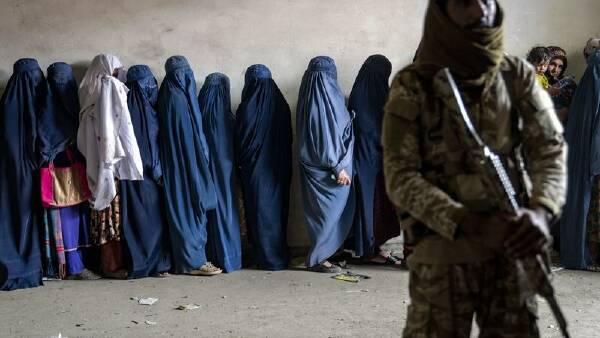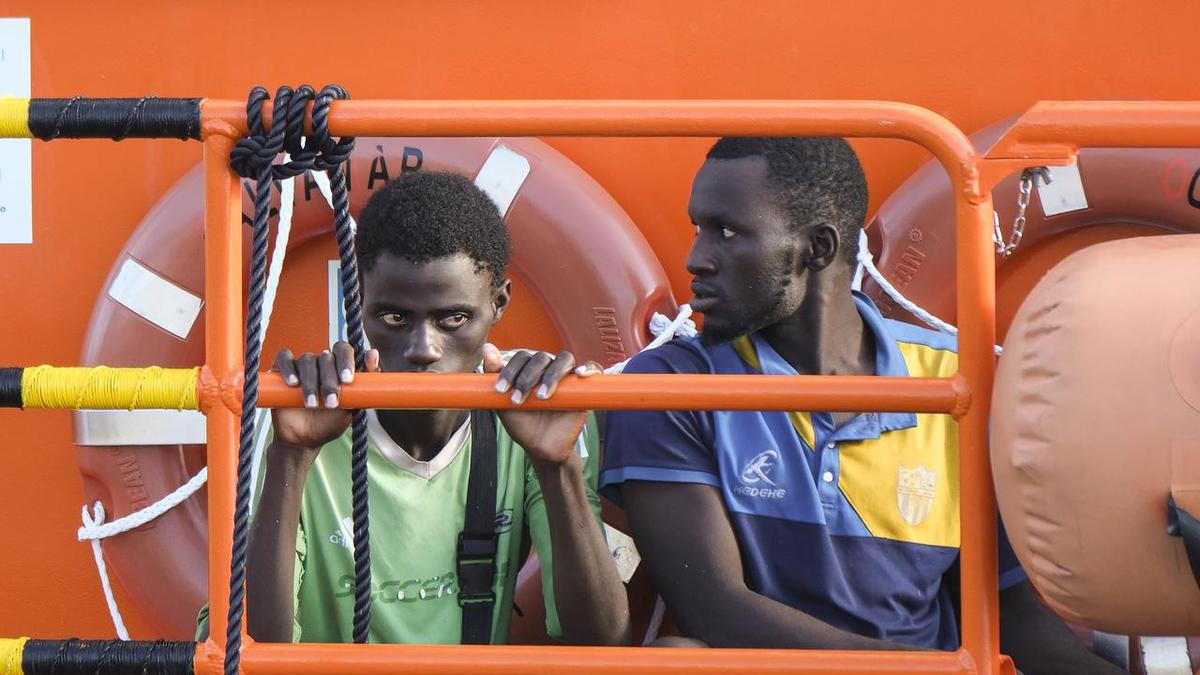
For the first time in its history, the International Criminal Court (ICC) has issued arrest warrants on charges of gender persecution. This landmark decision, announced by judges in The Hague, targets members of the Taliban, marking a significant step in international efforts to address crimes against women in conflict zones.
The warrants come amid ongoing reports of severe restrictions and abuses faced by women in Afghanistan under Taliban rule. The ICC’s decision underscores the international community’s growing concern over the Taliban’s treatment of women, which has been described by many as systematic and oppressive.
Historical Context and Legal Precedents
The issuance of these warrants is a groundbreaking move in the realm of international justice. Historically, gender-based crimes have often been overshadowed by other war crimes in international tribunals. The ICC’s decision to prioritize gender persecution charges sets a new precedent, emphasizing the importance of protecting women’s rights globally.
Karim Khan, the ICC’s Chief Prosecutor, highlighted the significance of this decision, stating,
“This is a pivotal moment in our pursuit of justice for victims of gender persecution. It sends a clear message that such crimes will not be tolerated.”
Expert Opinions and Reactions
Human rights organizations have welcomed the ICC’s decision. Human Rights Watch and Amnesty International have long advocated for stronger international responses to gender-based violence. In a statement, Amnesty International noted,
“The ICC’s action is a crucial step towards accountability for the Taliban’s egregious violations of women’s rights.”
Fatou Bensouda, the former ICC Chief Prosecutor, commented on the historical importance of this move, drawing parallels to past tribunals. “This decision echoes the Nuremberg Trials’ emphasis on justice for all victims, including women,” she remarked.
Implications for Afghanistan and the Taliban
The warrants issued by the ICC could have significant implications for Afghanistan’s future. As the Taliban seeks international recognition and aid, these charges may complicate diplomatic relations. The United Nations and various countries, including the United States, have expressed support for the ICC’s actions, urging the Taliban to comply with international norms.
Experts believe that this development could pressure the Taliban to alter their policies towards women. However, the group’s historical resistance to external influence raises questions about the effectiveness of such measures.
Challenges and Future Prospects
Despite the ICC’s bold step, enforcing these warrants presents considerable challenges. The Taliban’s control over Afghanistan complicates the arrest and prosecution of those charged. International cooperation and pressure will be crucial in ensuring accountability.
Looking ahead, the ICC’s decision may inspire similar actions against other regimes accused of gender persecution. It also highlights the need for ongoing vigilance and advocacy to protect women’s rights worldwide.
Conclusion: A Turning Point for International Justice
The ICC’s issuance of warrants against the Taliban for gender persecution marks a significant turning point in international justice. It reflects a growing recognition of the importance of addressing gender-based crimes and holding perpetrators accountable.
As the world watches how this situation unfolds, the ICC’s decision serves as a reminder of the international community’s commitment to upholding human rights and the rule of law. The coming months will be crucial in determining the impact of this landmark decision on Afghanistan and beyond.







